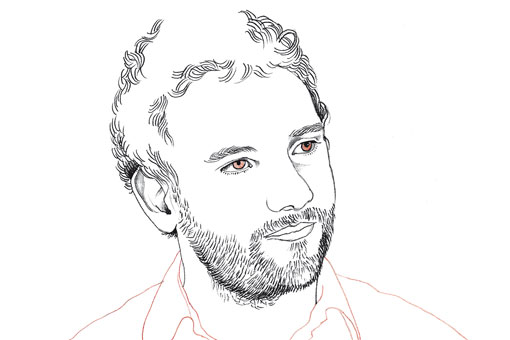In 1983 a new era of political participation and popular expectations began in Argentina. The “Alfonsín Spring”—a reference to Raúl Alfonsín, the first democratically-elected president after the transition from military rule—was for many Argentines a belle epoch of political and social activity and enthusiasm.
It seemed a rebirth, an age of hope in which we thought that the return of democracy would improve our lives in every way. Students debated passionately in high schools and universities. I was still a child, but I remember the sprit of those moments well. The country was recovering from a fierce military dictatorship, preceded by the government of Isabel Perón that had unleashed the paramilitary group Argentine Anti-Communist Alliance (Triple A) on its opponents.
The feeling of democratic renaissance, though, didn’t last long. The Alfonsín government soon lost popularity as hyperinflation tore into the living standards of the middle and low-income classes. Many progressives were further alienated by laws that appeared to let the military off the hook for the excesses of previous decades. The “Menem Decade” of Carlos Saúl Menem (1989 to 1999) that followed was characterized by unprecedented levels of corruption, a pardoning of the military for crimes committed under its reign, and an ever-widening breach between those in power and the young people interested in public affairs. Confidence in government plunged. Argentina’s authorities received the lowest ratings in citizen surveys in all of Latin America.
Not much has changed in the post-Menem era with regard to the level of public interest and participation in civil society. Trust in democratic institutions has continued its downward spiral.
Today, most young people shy away from active engagement in politics. The common perception among the younger population is that those who do participate in a political party do so for personal gain. Many who worked in student movements have been co-opted by national political parties, often leading to a loss of interest and contact with grassroots student demands. Even some independent civil society groups have lost autonomy to political movements and leaders. These examples and the suspicions surrounding politics make it difficult for those who really are interested to become involved…





